Swiss voters to get their say on Alpine solar parks
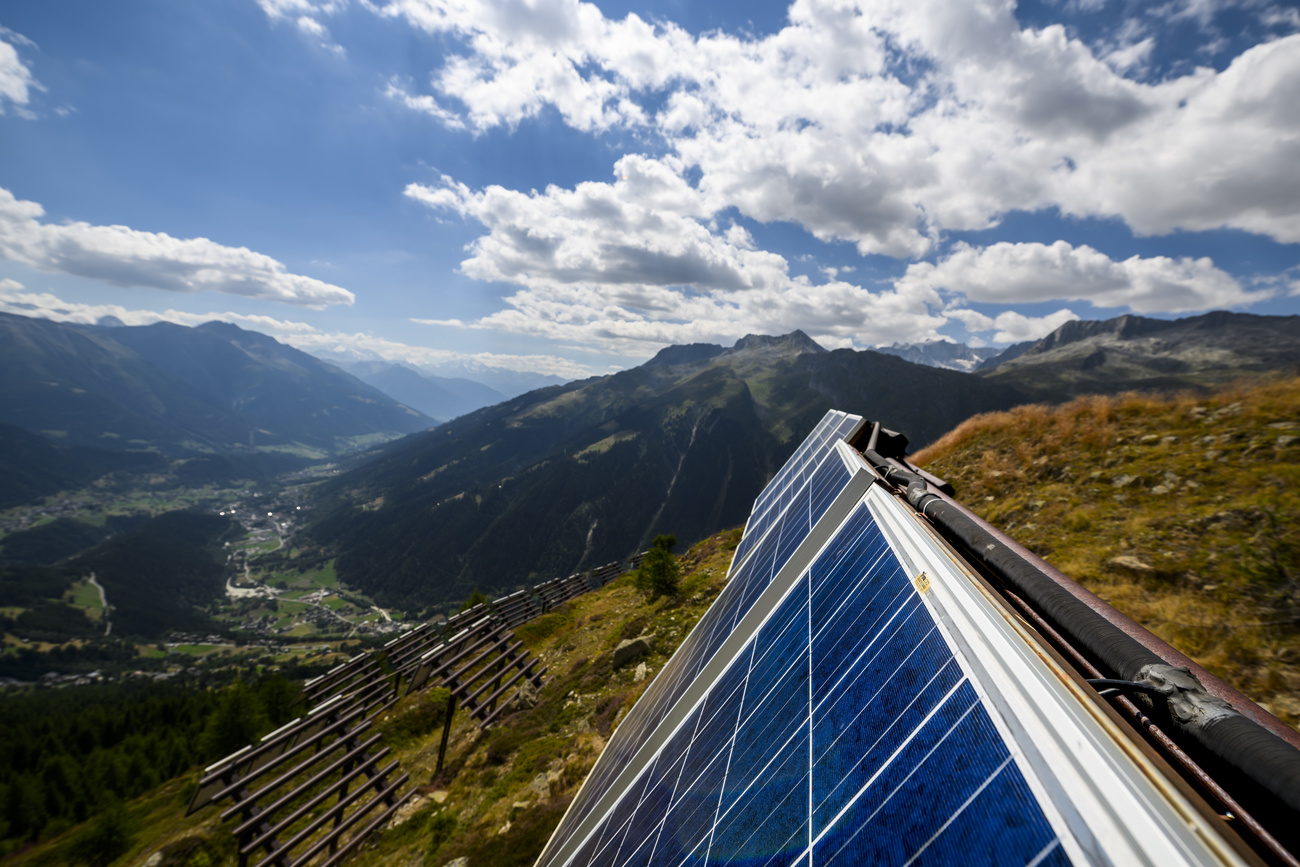
Voters in southern Switzerland are deciding this Sunday whether to accelerate the construction of large solar farms in the mountains. Solar panels on peaks could produce lots of extra power, especially in winter, supporters say. But environmental groups contest the growing number of planned projects.
What is the Valais vote on September 10 all about?
Although it is only a cantonal vote, it will be the first time that a large group of citizens is able to express their opinions at the ballot box on the recent Alpine “solar offensive” and solar farms in the Alps more generally.
The vote in canton Valais on September 10External link was launched by the Valais Green Party, the Pro Natura conservation group and seven other organisations, which oppose a decree approved in February by the local parliament to facilitate and accelerate the approval process to build large solar farms in the mountains. They say that the law doesn’t take nature properly into account and that solar panels should be put on the roofs of existing buildings.
What is the Swiss ‘solar offensive’?
The climate crisis and urgency over energy supplies and winter shortages have led to a fundamental rethink in Switzerland. Last September parliamentarians in Bern approvedExternal link the so-called “Solar-Express” legislation to simplify and speed up the construction of large Alpine solar parks. The federal law lowers the hurdles for their construction – including strict environmental regulations – and offers generous subsidies. To secure the funds, the solar farms must be of “national interest”, not be built in nature reserves, and should be dismantled at the end of their operational life.
Installations must also start feeding electricity into the grid from the end of 2025, with an overall production target of 2 terawatt hours (TWh) a year, or enough for 500,000 households.
“Renewable energies must be developed rapidly,” says the Swiss government, which notes that it can take over 20 years between the launch of a green energy project and its realisation.
Where may Alpine solar parks be built in Switzerland?
Large high-mountain solar projects exist in some regions in China, and small solar parks can be found in the mountains in France and Austria. Big installations are rare in the Swiss Alps. But since the recent solar offensive, around 40-50 project proposals have emerged, which are at different stages of realisation and approval, says the energy office. Many projects are planned in Valais, which is known for being one of the sunniest cantons, especially in winter.
Arguments for Alpine solar farms
Experts say Alpine solar parks offer certain advantages, mainly that much of the power would be produced in winter when supplies are critical. On peaks and pastures, installations can take advantage of the abundant sunshine at an altitude above the clouds, where sunlight also reflects off the snow.
Armin Zeiter, president of the Grengiols municipality in canton Valais, says critics need to stop holding up projects and “think about the next generation”.
“We can take away these panels in 40-45 years and there will be no impact,” he told Swiss public television RTS. “I was in Ireland and Portugal on holiday, and there are wind turbines and solar panels in the mountains. Here in Switzerland people complain, we don’t do anything and that’s a real shame.”
RTS video below on planned projects in Saas-Grund and Grimentz in canton Valais.
Arguments against Alpine solar farms
But there are still many unknowns regarding Alpine solar farms, especially the costs, economic benefits and ideal locations. Connecting installations in high mountain areas to the national electricity grid is also complex.
The NGO Mountain Wilderness Switzerland has organised several protest actions against Alpine solar parks.
“Wild and unspoilt mountain areas are the last large refuges for many animal and plant species, where nature can develop freely. So building [solar parks] in areas that have hardly been developed is unacceptable,” Aaron Heinzmann of Mountain Wilderness Switzerland told SWI swissinfo.ch.
The NGO says panels could be put on existing infrastructure in ski resorts, for example. But much more should be done to promote the growth of solar power on roofs and façades, an idea that is well accepted among the population. “What is missing are the necessary framework and funding conditions,” says Heinzmann.
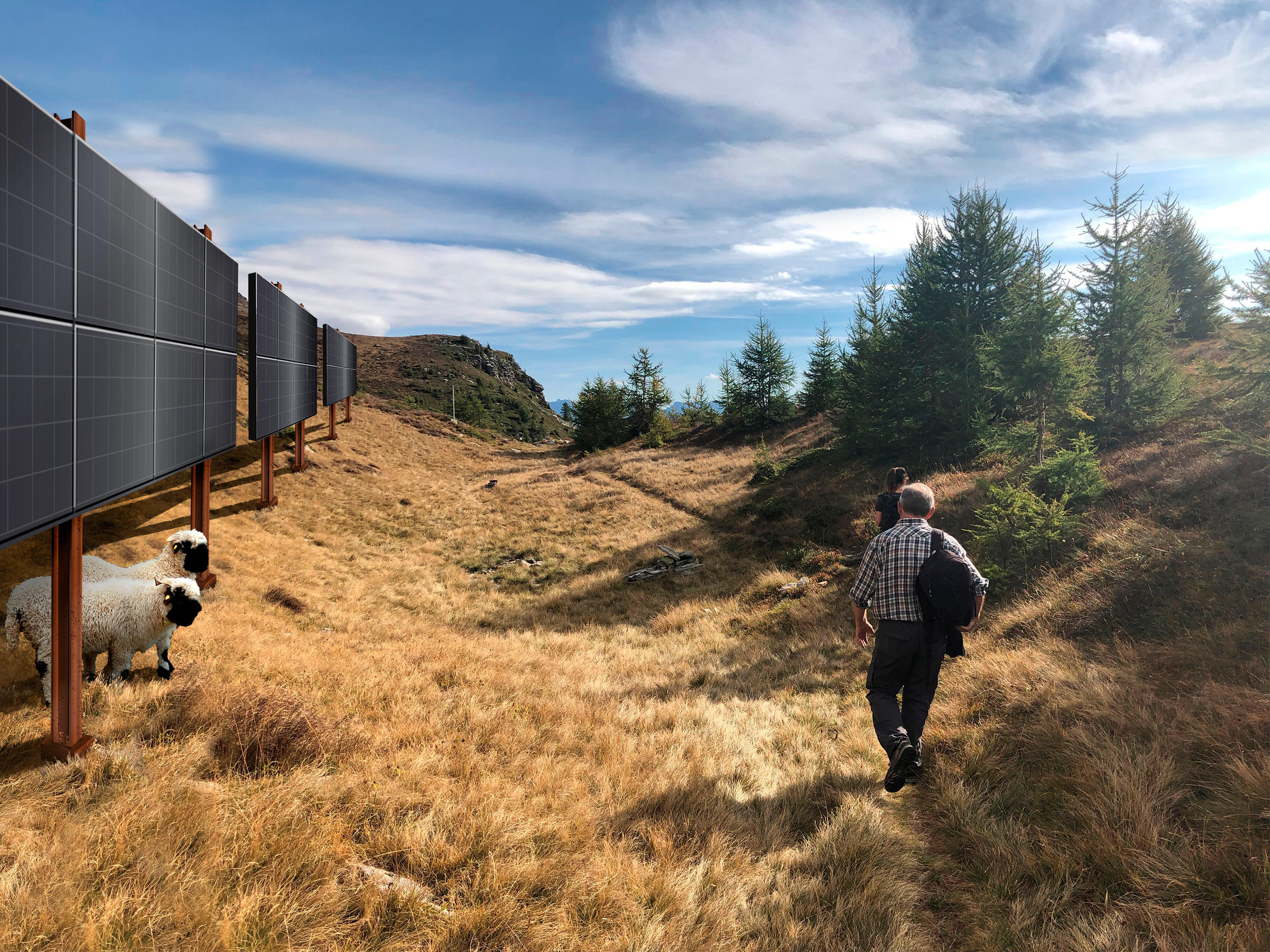
More
Mountaintop solar farms spark tensions in Switzerland
What happens after September 10?
If Valais voters reject the decree, Alpine solar projects can still go ahead in the region, but they will miss out on federal subsidies and face a longer approval process. Projects in other regions will go ahead based on the relevant cantonal procedures in place.
More project proposals should be announced in the coming months. Others can expect to be reworked or streamlined, as was the case for the Grengiols project after local resistance.
Ultimately, each affected mountain commune – Switzerland’s smallest decisional level – will still get the final word on whether a project goes ahead. So far this year a handful of proposals have already won approval by mountain communities in municipal votes. More votes can be expected in the coming months.
Switzerland’s solar potential
Switzerland has committed to achieving net-zero CO2 emissions by 2050. Producing more local solar energy is one of the main planks of this strategy. But growth is slow due to regulatory hurdles and local objections. The government wants 34 terawatt hours (TWh) of solar-generated electricity a year by 2050 (3.8TWh were generated in 2022).
Installing panels on existing building roofs and facades could in theory provide 50 TWh and 17 TWh of solar power, respectively, says the energy office. Other options exist like solar panels on car parks and motorway infrastructure (10 TWh). Research shows that putting solar panels on mountaintops in the Swiss Alps could generate at least 16 TWh of electricity a year.
Switzerland’s ambitious net-zero climate strategy was endorsed by voters in June. But citizens appear divided on how to switch to green energy, a recent national poll suggests. Some 57% of respondents agreed with an obligation to install solar panels on buildings. Only 38% backed the construction of solar parks in the Alps.
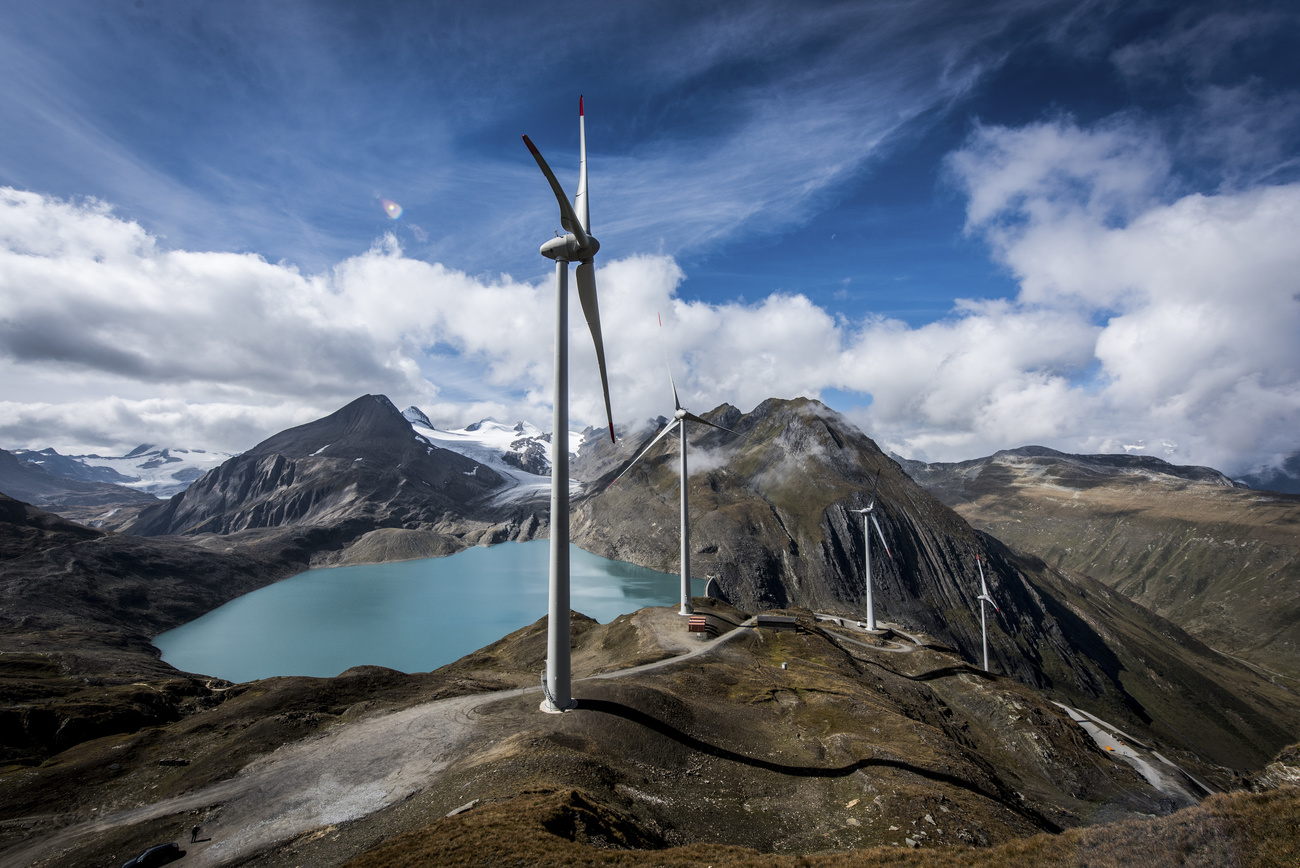
More
Government wants to speed up construction of renewable energy plants

In compliance with the JTI standards
More: SWI swissinfo.ch certified by the Journalism Trust Initiative










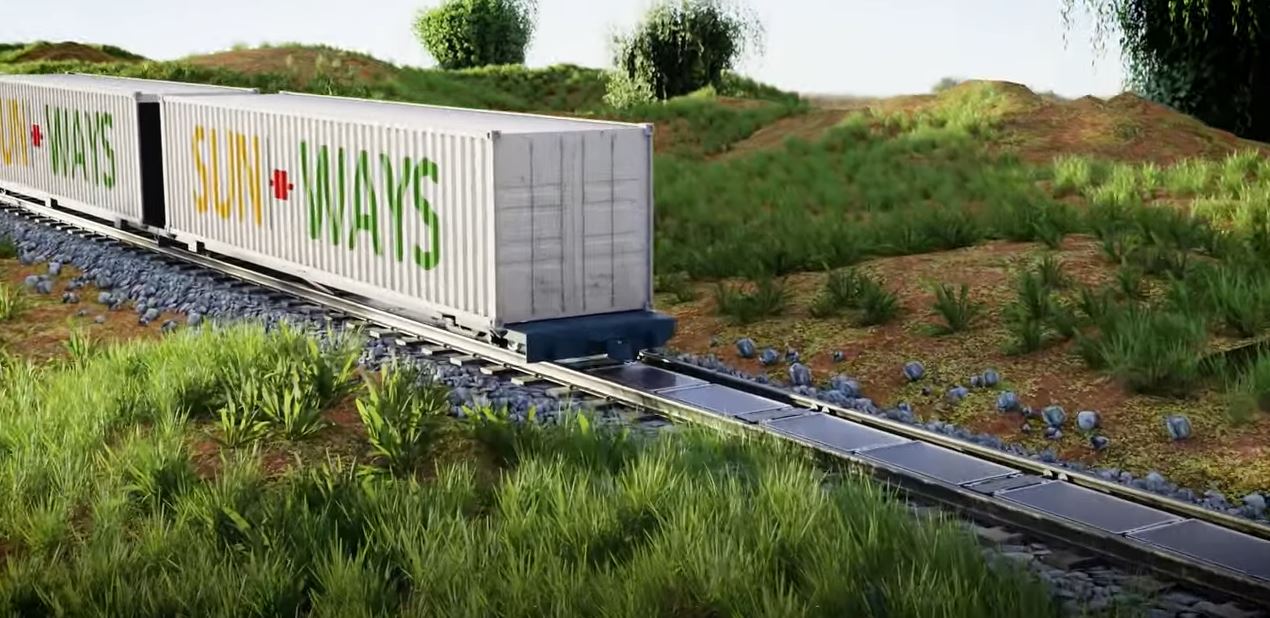

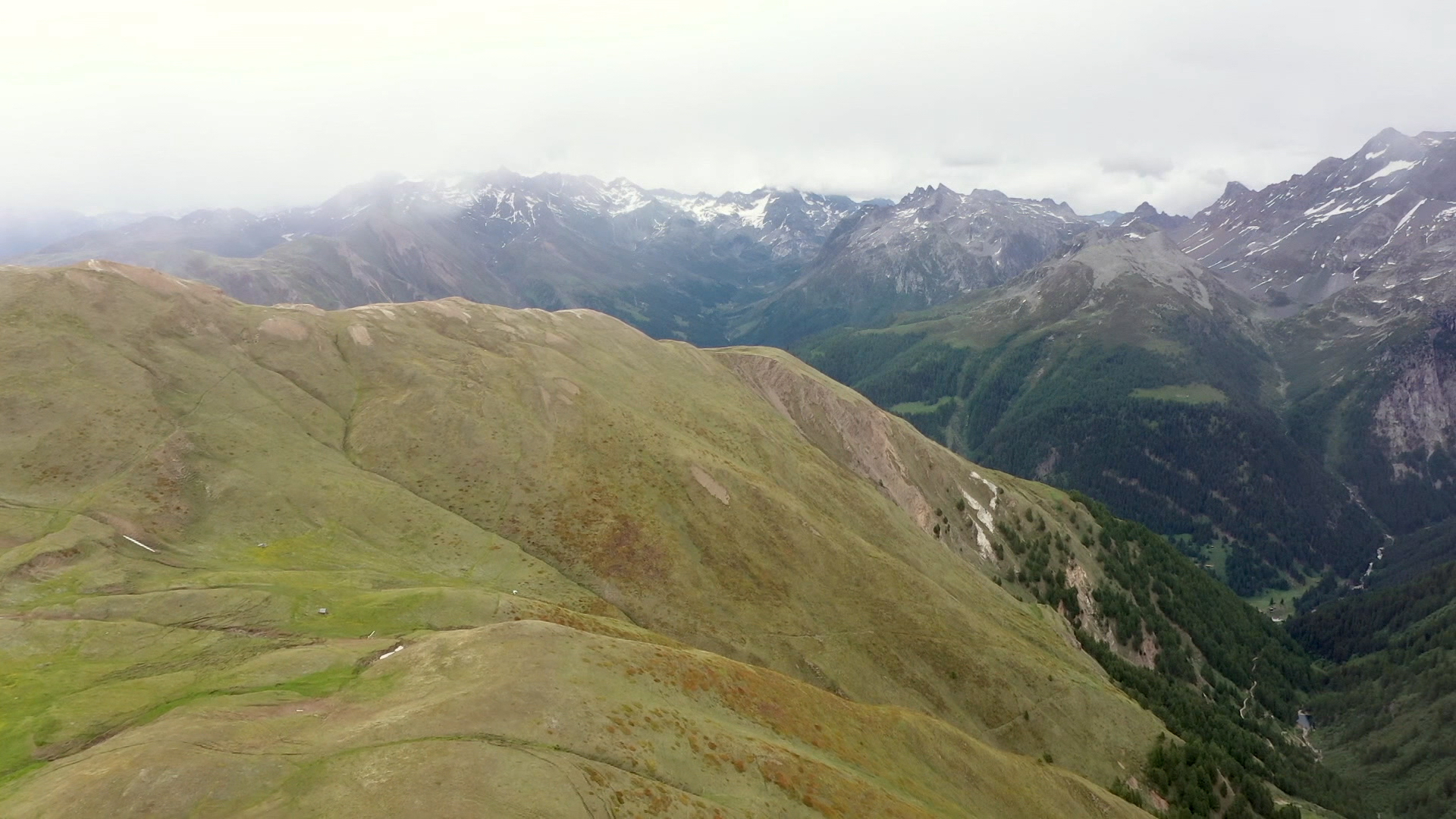

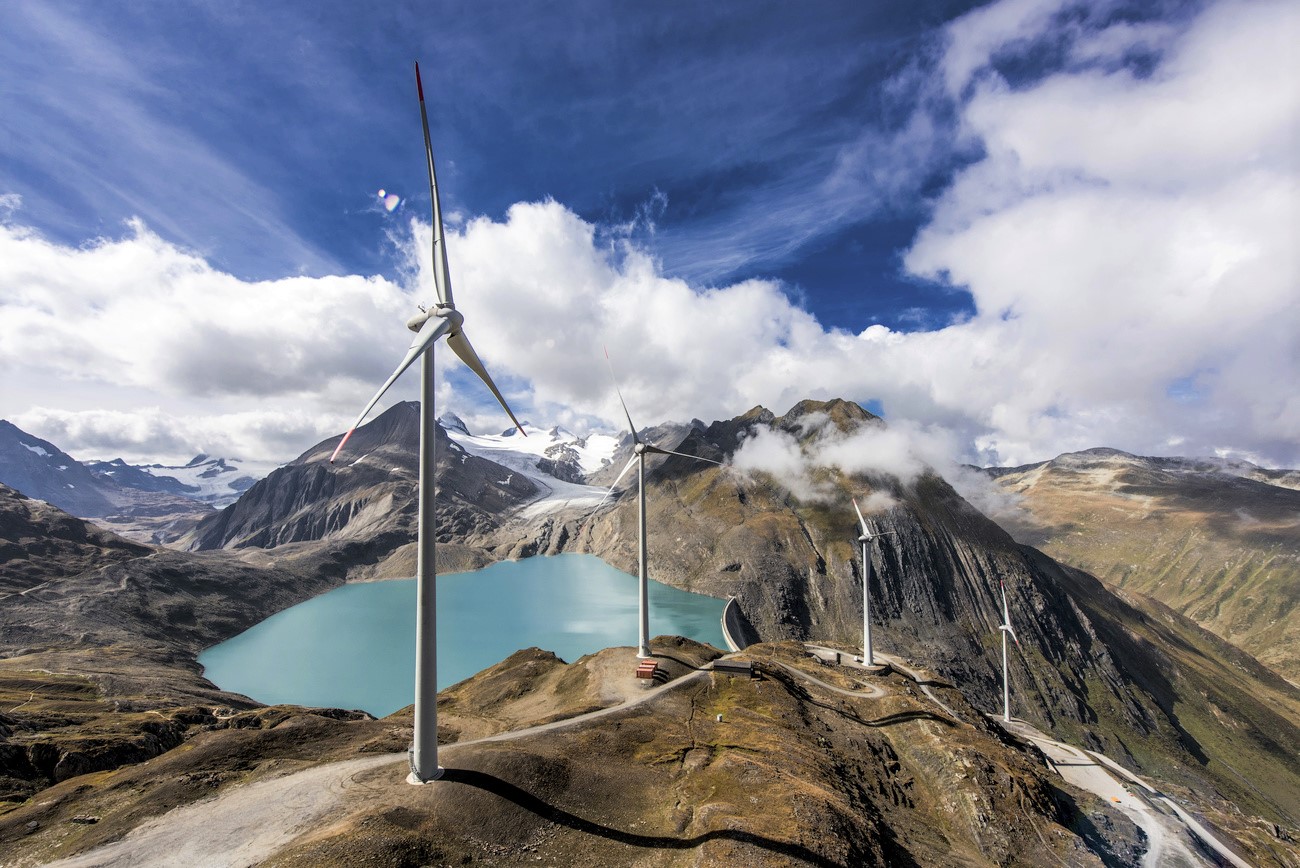
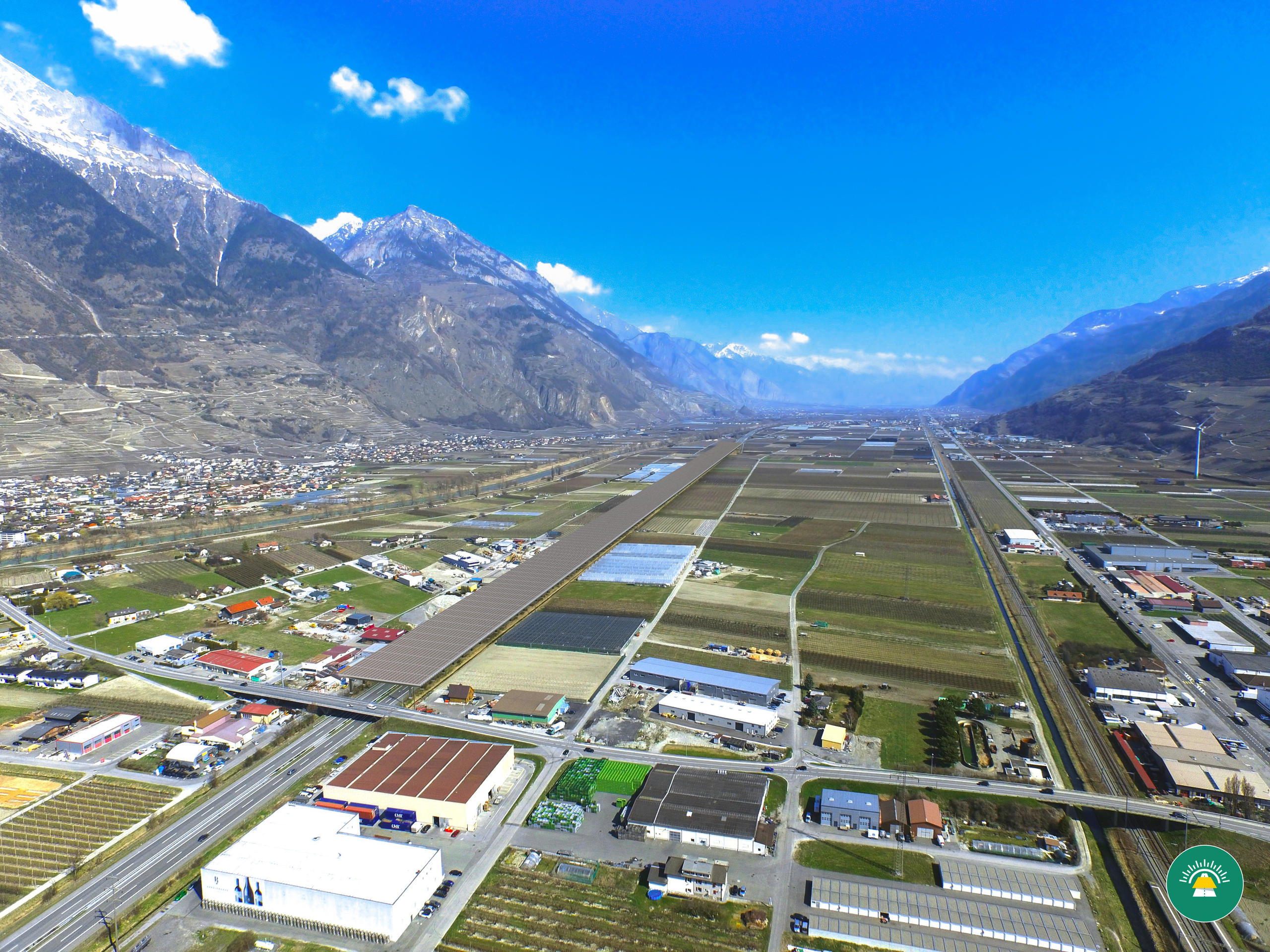
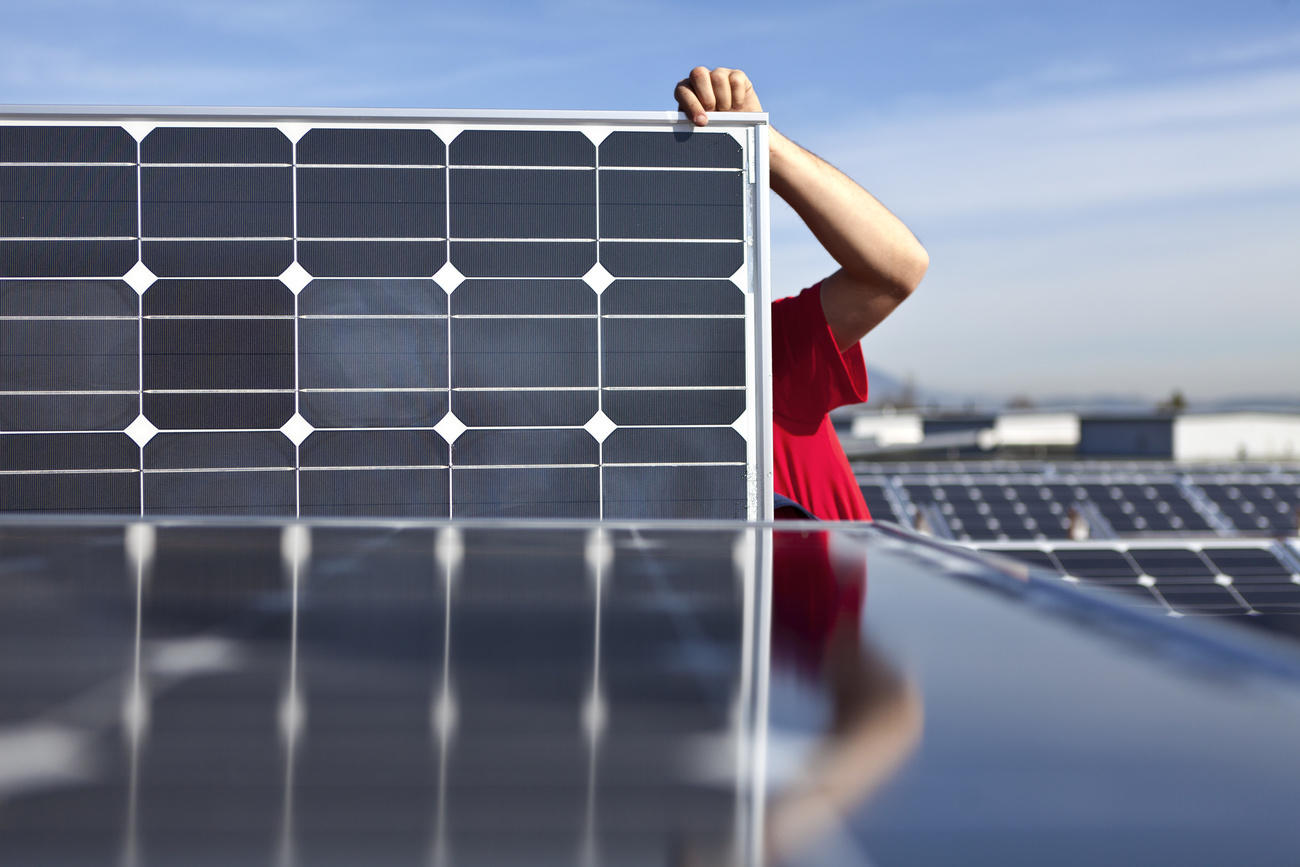
You can find an overview of ongoing debates with our journalists here . Please join us!
If you want to start a conversation about a topic raised in this article or want to report factual errors, email us at english@swissinfo.ch.